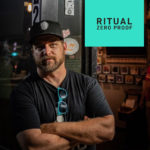

Ritual Zero Proof Hires Industry Veteran Tom Halaska as National Sales Director
Spirit alternative maker Ritual Zero Proof this week announced it has hired craft non-alcoholic beer veteran Tom Halaska as its National Sales Director.


Spirit alternative maker Ritual Zero Proof this week announced it has hired craft non-alcoholic beer veteran Tom Halaska as its National Sales Director.
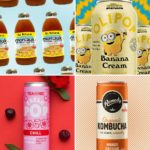

In this week’s roundup of new beverages, Olipop rolled out a new limited edition soda flavor inspired by Illumination’s Minions, KUL MOCKS unveiled its 3-SKU Adventure Collection and Montauk rolled out Lemon Tea amid rapid sales growth in the Tri-State.


Whether you’ve raised millions of dollars, been in the market for over a decade, have a cult following or just recently launched, renaming can be an amplifier to success, not a deterrent. Reframing a name and brand change is an opportunity for greatness rather than an admission of failure.
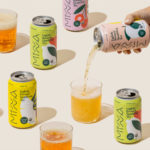

Wisconsin-based holding company New Berlin Beverage Co. announced this week that it has acquired sparkling tea brand Minna, providing the startup with a capital infusion to support its manufacturing and retail expansion.


The pronghorn is the second-fastest land mammal in the world, second only to the cheetah. But the pronghorn can sustain its speed for longer than a cheetah, according to Dia Simms, a co-founder of Pronghorn, an initiative focused on cultivating the next generation of Black entrepreneurs, executive leaders, and founders within the spirits business. Simms, the CEO of Lobos 1707 Tequila & Mezcal, called the name Pronghorn symbolic of the race to correct inequity in the spirits industry, which she described as a marathon, not a sprint.


Consumers are searching for new forms of convenience, whether as clever packaging or new products, and prioritizing exciting and unfamiliar flavors at mealtime, according to market research firm IRI’s annual New Product Pacesetters report, released yesterday.
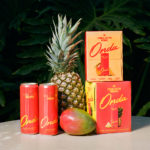

From actors to musicians to the world’s richest man, high profile figures have built their own category within the alcohol industry: celebrity spirits. But as celebrity-owned or endorsed brands become the norm, what makes them succeed or fail?
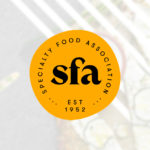

A new report by the Specialty Food Association shows that growth in the specialty food market has changed as the pandemic’s evolution over the last two years has brought dramatic price increases and a shift in consumer shopping and eating priorities. The category grew by 7.4% in 2021 as compared to 5.8% in 2020, reaching $175 billion in sales.
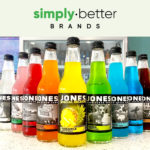

Jones Soda has pulled the plug on a planned merger with Vancouver-based portfolio company Simply Better Brands Corp. (SBBC), citing “current market conditions” as the reason. SBBC previously agreed to purchase Jones Soda in April for roughly $99 million through an acquisition of all issued and outstanding Jones common stock.


Venture capital firm PowerPlant Partners announced an investment in and partnership with holding company SYSTM Brands today to launch SYSTM Foods, a new platform focused on acquiring sustainable and socially conscious food and beverage brands. Terms of the deal were not disclosed.
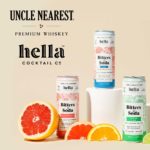

Hella Cocktail Co. has raised $5 million in a Series A funding round, fully backed by premium spirits brand Uncle Nearest, the company announced today. Founded in 2012 by CEO Jomaree Pinkard, CMO Eddie Simeon, and COO Tobin Ludwing, New York-based Hella produces a variety of cocktail bitters and mixers, as well as a ready-to-drink Bitters & Soda line.
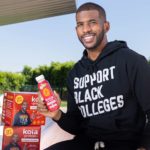

Koia is strengthening its partnership with NBA All-Star Chris Paul and apparel brand Support Black Colleges to fund historically Black colleges and universities (HBCUs) with the launch of a limited-edition version of its Cinnamon Horchata flavor protein shake.
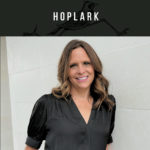

Colorado-based Hoplark has appointed former DRY Soda president and CMO Betsy Frost as the company’s new chief commercial officer.


Strong demand for RTD products and millennial consumer buying trends helped the global beverage alcohol market to bounce back from the previous year’s losses and grow by 12% to $1.17 million, recovering from pandemic-driven value losses of -4% in 2020.